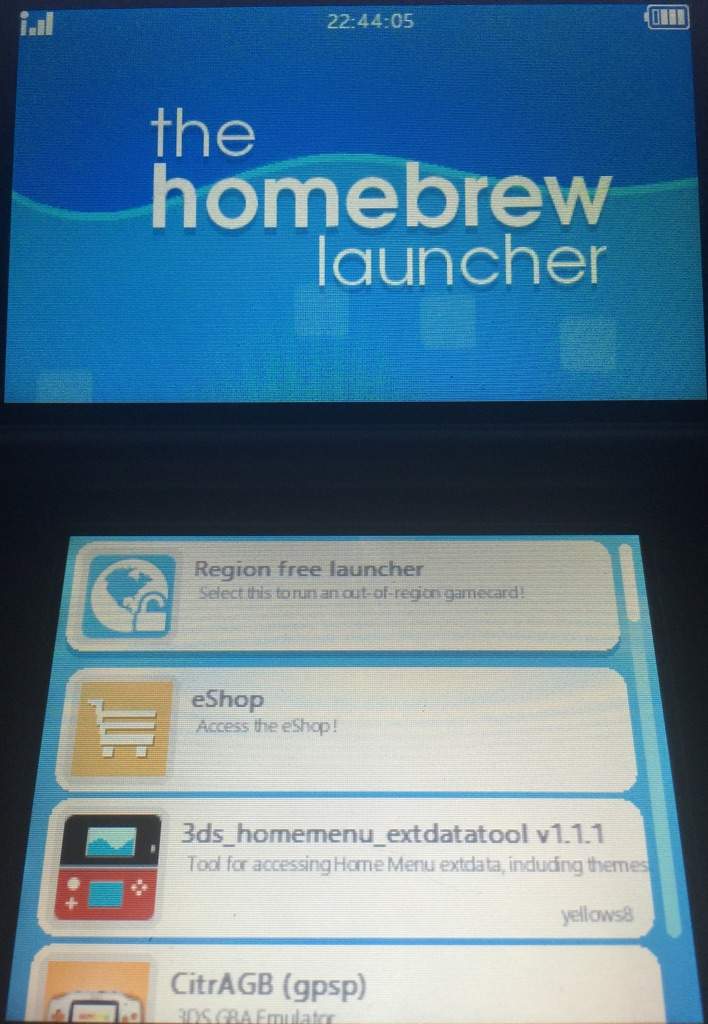
- #UPDATE HOMEBREW HOW TO#
- #UPDATE HOMEBREW INSTALL#
- #UPDATE HOMEBREW UPDATE#
- #UPDATE HOMEBREW UPGRADE#
If that's the case, my script kicks in, presenting a prompt that I need to reply to in order to continue: Check for Homebrew/transcode-video updates? It's been a while… y Now when I open a Terminal window, nothing's different…unless it's been over a week since I last checked for updates.
#UPDATE HOMEBREW UPDATE#
Edit the script as necessary to change the paths (lines 10 and 31), and perhaps change the update interval on line 21-it's stated in seconds, and some additional values are shown in the comments above. This creates a file with the current time as the modification timestamp. Touch /path/to/checkfile/.DateOfLastVidToolsCheck The easiest way to create the file is to just touch it: I saved mine in my user's bin folder, where I keep all my scripts. DateOfLastVidToolsCheck saved somewhere the leading dot makes it invisible in Finder. To use this script (remember to make it excecutable, and store it on your path), you'll need a file named. The script itself handles the time issue and checks for updates. profile file runs each time you open Terminal, so that took care of the "automatic" part of the problem. To make my script run every Time I open Terminal, I just called it on the last line of my user's. (Note: This is not written for a Terminal beginner, as it assumes some knowledge about how the shell works in macOS.) Read on for the script and implementation details. If it's been under a week since I last checked, nothing at all is different about my Terminal launch.
#UPDATE HOMEBREW INSTALL#
This is perfect for my needs: The reminder is automatic, but I can choose when to install the updates based on what I'm doing at the time.

The referenced script looks at the date on a check file, and asks me if I'd like to check for updates if that date is more than a week older than today's date. (And one of them needs to run with admin privileges, which complicates things.) I just wanted something that would remind me if it'd been a while since I last checked for updates, and then install the updates if I wanted it to do so.Īfter mulling it over, I came up with a script that runs each time I open a Terminal window (which I do daily).

I didn't really want a scheduled task, like a launchd agent-it's not like these tools need to stay current on a daily basis. Suddenly, two months and many revisions later, I finally remember (usually when I see a tweet about a new version of something.) So I thought I'd try to write my own simple update reminder. My problem is that I often forget to do this, because-unlike most GUI Mac apps and the Mac App Store-there's no built-in "hey, there's an update!" system. Keeping these tools current isn't overly difficult it only requires a few commands in Terminal: I also use Homebrew to install some of the transcode video dependencies, as well as other Unix tools. java11Īnd that’s it for this quick tutorial.As I've written about in the past, I use Don Melton's video transcoding tools to rip Blu-Ray discs. And to easily switch in between versions, I can create an alias in my.
#UPDATE HOMEBREW UPGRADE#
brew tap homebrew/cask-versionsīrew install -cask temurin8 Using multiple Java versionsĪfter I upgrade to OpenJDK Temurin 17 LTS, I still want to keep the previous versions of my Java. To use a different version of Java, you need to activate a third-party repository (TAP).

This time I will get it from a new source since the AdoptOpenJDK repository is now deprecated. Upgrade to OpenJDK Temurin 17 LTS by Eclipse.

But I still want to manage my Java versions using Homebrew. This time, I will upgrade my environment to Java 17. In my previous post about Setting up Maven Cucumber, I used AdoptOpenJDK to install Java 11.
#UPDATE HOMEBREW HOW TO#
How to upgrade OpenJDK in MacOS using brew?


 0 kommentar(er)
0 kommentar(er)
